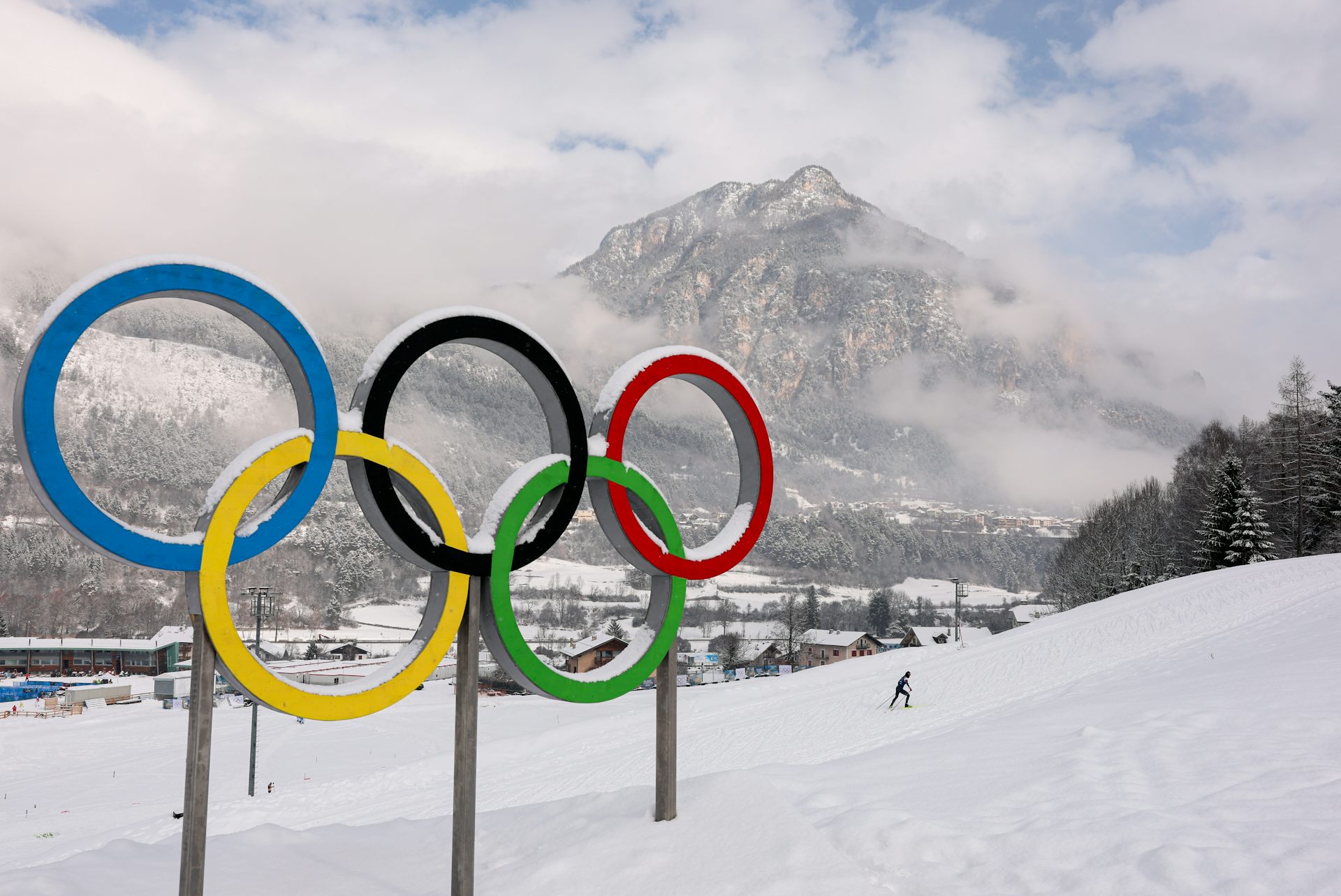Which country is best to live in? Our calculations say it's not Norway
Most researchers use the UN's Human Development Index to measure each country's progress, but that system has flaws. A new, simplified index aims to do it better.

Every year, the United Nations releases the Human Development Index.
The HDI is like a country’s report card. In a single number, it tells policymakers and citizens how well a country is doing. This year, Norway was at the top of the class, while Niger finished last.
The index first appeared in 1990. Before then, a country’s level of development was measured solely by its economic growth. By taking non-economic dimensions of human well-being into account, the HDI revolutionized the idea of what was meant by countries becoming “more developed.”
The HDI has been wildly successful in changing the way people think about the development process. However, it still suffers from real flaws. There have been numerous attempts to do its job better, including one that we published on Nov. 6.
Eliminating the flaws in the HDI make a substantial difference. For example, Denmark was ranked fifth in the world according to this year’s UN rankings, but our new index knocks it down to only 27th, switching places with Spain.
Problems with the HDI
Human development can be devilishly hard to measure. The HDI considers changes in three domains: economics, education and health. (One alternative to the HDI, the Social Progress Index, combines data on 54 domains.)
In our view, the HDI has three main problems. First, it implicitly assumes trade-offs between its components. For example, the HDI measures health using life expectancy at birth and measures economic conditions using GDP per capita. So the same HDI score can be achieved with different combinations of the two.
As a result, the HDI implies a value of an additional year of life in terms of economic output. This value differs according to a country’s level of GDP per capita. Dig into the HDI and you will find whether it assumes an additional year of life is worth more in the U.S. or Canada, more in Germany or France, and more in Norway or Niger.
The HDI also struggles with the accuracy and meaningfulness of the underlying data. Average income could be high in a country, but what if most of it goes to a small elite? The HDI does not distinguish between countries with the same GDP per capita, but different levels of income inequality or between countries based on the quality of education. By focusing on averages, the HDI can obscure important differences in human development. Incorporating inaccurate or incomplete data in an index reduces its usefulness.
Finally, data on different domains may be highly correlated. For example, the GDP per capita and the average level of education in countries are strongly related. Including two highly correlated indicators may provide little additional information compared to just using one.
Our indicator
We propose a new index: the Human Life Indicator, or HLI.
The HLI looks at life expectancy at birth, but also takes the inequality in longevity into account. If two countries had the same life expectancy, the country with the higher rate of infant and child deaths would have a lower HLI.
This solves the problem of having contentious trade-offs among its components, because it has only a singe component. It solves the problem of inaccurate data, because life expectancy is the most reliable component of the UN’s index. Because GDP per capita, the level of education and life expectancy are closely related to one another, little information is lost by using a human development indicator based only on life expectancy.
Our index draws a different picture than the one made by the HDI. Based on data from 2010 to 2015, Norway is not on top of the list in terms of human development. That honor goes to Hong Kong, while Norway drops to ninth place. Norway ranks highly on the HDI in part because of the revenues that it receives from North Sea oil and gas, but even with that revenue, Norway’s inequality-adjusted life expectancy is not the highest in the world.
What’s more, on our measure, Niger no longer is last. That dubious distinction goes to the Central African Republic.
The UN puts Canada and the U.S. as tied at 10th place, but Canada is ranked 17th in the world using our system, while the U.S. does poorly, ranking as 32nd. This relatively higher ranking of Canada reflects the higher longevity of its inhabitants and the lower inequality in their ages of death compared to people in the U.S.
In our view, the genius of the HDI is too important to give up, just because of problems with its implementation. In our new index, we have provided a simple approach that is free from the problems of the HDI. There is no need to have just one measure of human development, but it is useful to have at least one without contentious flaws.
Warren Sanderson receives funding from the European Research Council under the European Union's Seventh Framework Programme (FP7/2007-2013) under grant agreement No 323947. Project Name: Reassessing Aging from a Population Perspective, Re-Ageing. Warren Sanderson is a senior research scientist at the International Institute for Applied Systems Analysis in Laxenburg, Austria and a Professor of Economics, emeritus at Stony Brook University, Stony Brook, New York, USA.
Sergei Scherbov receives funding from European Research Council (ERC) under the European Union's Seventh Framework Programme (FP7/2007-2013) under grant agreement No 323947. Project Name: Reassessing Aging from a Population Perspective, Re-Ageing.
Simone Ghislandi receives funding from the European Research Council (ERC) under the European Union's Seventh Framework Programme (FP7/2007-2013) under grant agreement No 323947. Project Name: Reassessing Aging from a Population Perspective, Re-Ageing.
Read These Next
Winter Olympians often compete in freezing temperatures – physiology and advances in materials scien
While physical exertion helps athletes stay warm, sweating can lead to dehydration.
Whether it’s yoga, rock climbing or Dungeons & Dragons, taking leisure to a high level can be good f
When a hobby becomes something larger, with a focus on improving skills and developing deep knowledge,…
Federal and state authorities are taking a 2-pronged approach to make it harder to get an abortion
Four years after the Supreme Court’s Dobbs ruling gave states the power to ban abortion, further restrictions…






